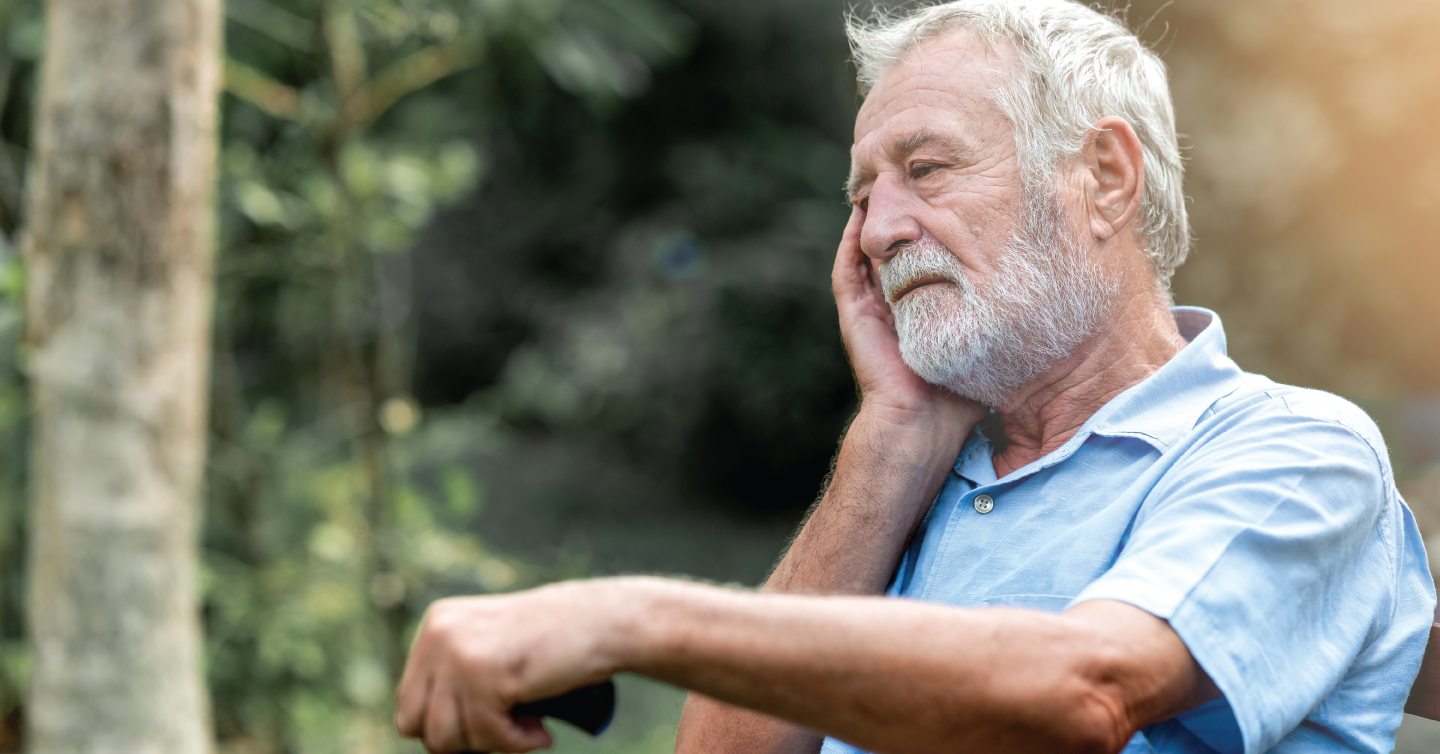How Vision and Hearing Can Affect Falls Prevention

By Heidi G, BSN, RN, quality care coordinator at Network Health
According to the Centers for Disease Control and Prevention (CDC) (About Older Adult Fall Prevention | Older Adult Fall Prevention | CDC) one in four Americans age 65 or older experiences a fall each year. Any type of vision or hearing impairment doubles these numbers.
Often when someone experiences vision changes, they are the result of other chronic illnesses like diabetes or heart disease. Typically, prescription medications are used to manage chronic illness. This may lead to an increased risk of falling due to the medication’s side effects.
Vision Changes Impact Your Risk for Falls
As you age, your eyeball undergoes structural changes that reduce visual acuity and night vision. Such changes are common across age, gender and ethnicity. Visual impairment can begin as early as your 40’s.
When these changes occur, it can make it difficult for you to see fall hazards. This might mean tripping over curb edges or the elevation changes of a walking path. It could also mean having increased difficulty seeing at night when you get up to go to the bathroom.
The best way to combat vision changes is to have a dilated eye exam every year to reduce the chance of these changes becoming irreversible. This yearly exam will also allow you to have your glasses updated and your medications reviewed. Installing motion lights in your home also helps reduce falls at night because you do not have to look for a light switch.
How Hearing Changes Affect Balance and What You Should Do About It
As the inner ear is associated with balance, decreased hearing affects your ability to stay on your feet. The inner ear has a set of receptors that make you feel steady. Have you ever turned your head too fast and felt dizzy? That is your inner ear trying to catch up with the quick movement.
Your inner ear is also responsible for responding to gravity and giving you the sense of feeling grounded. If your balance is off you may slip, trip or fall. Inner ear issues present with dizziness, loss of balance, difficulty walking or hearing loss.
Seeing an audiologist when you experience any inner ear symptoms will allow for diagnosis, treatment and care for balance issues. At this exam, your hearing will also be checked.
When you cannot hear well, it may cause you to avoid social situations because you cannot clearly understand what is being said. Social isolation can affect your mood, making you depressed, anxious and less physically active. All these symptoms have been linked to an increased risk for falls.
Hearing and vision loss can tap your brain reserves. When you are concentrating hard on trying to see or hear what is going on around you, it causes you to have fewer mental resources available to stay balanced. If your balance is off, your gait will change. This will increase your chances for a fall.
[Read more: Meditation Techniques for Preventing Falls]
The risk for a fall increases as you experience sensory deprivation related to vision and hearing loss. Proactive yearly vision screenings and hearing evaluations when symptoms develop will help keep you social, active and on your feet.



